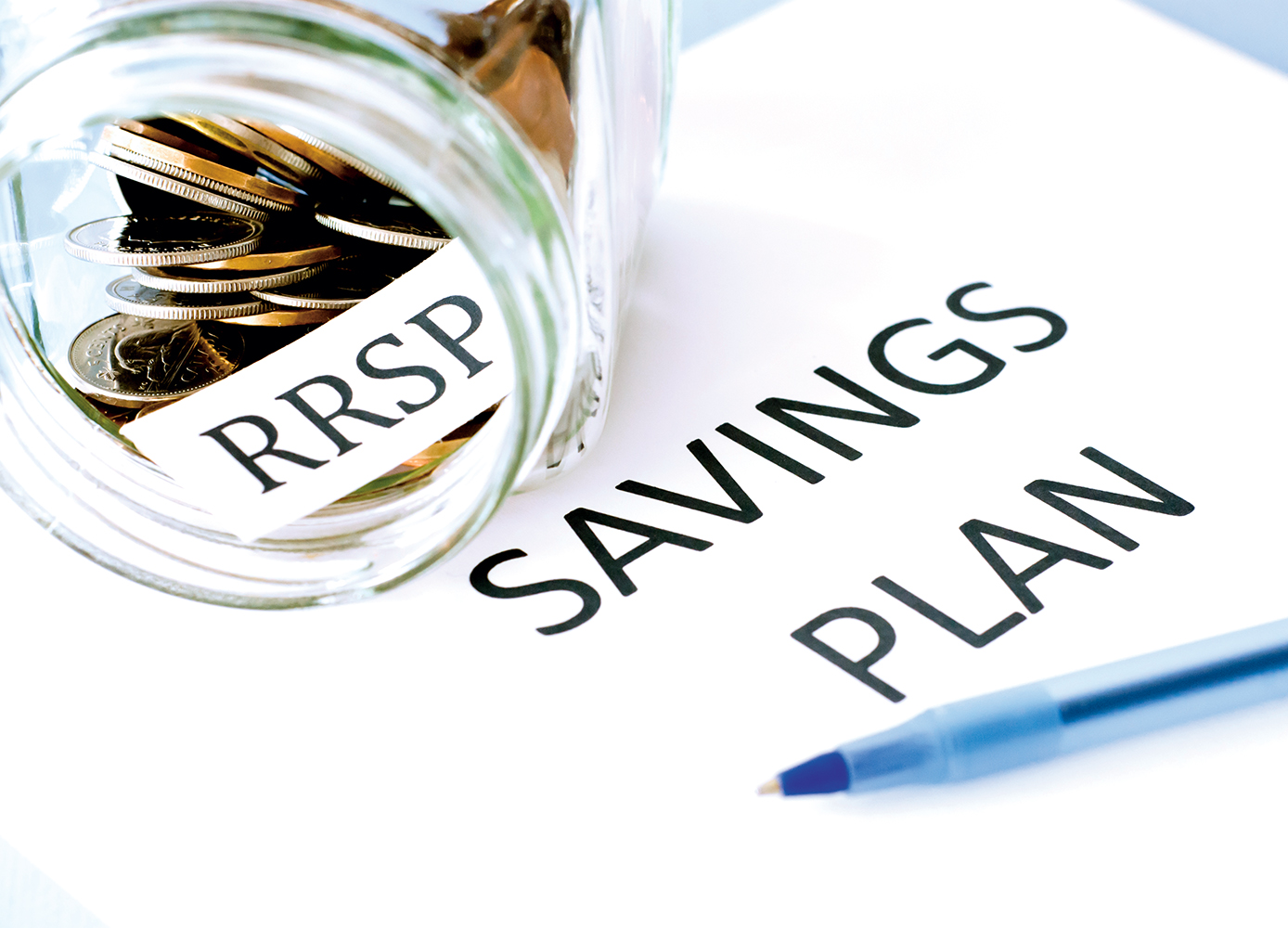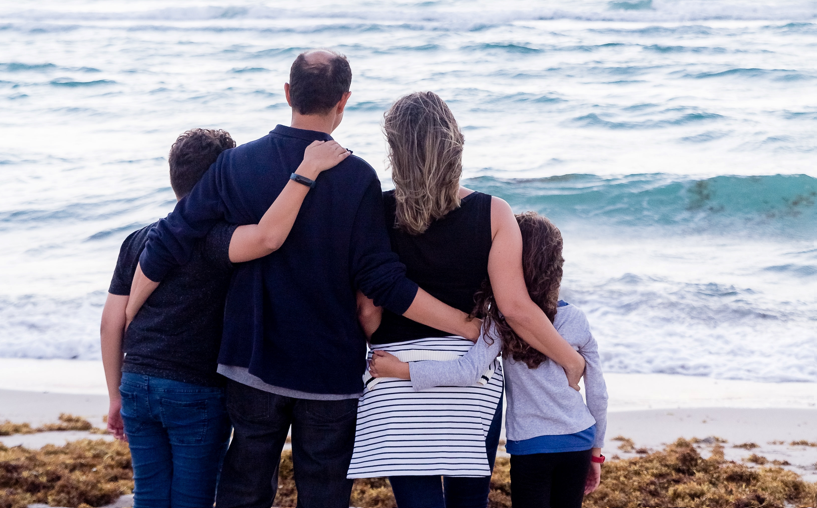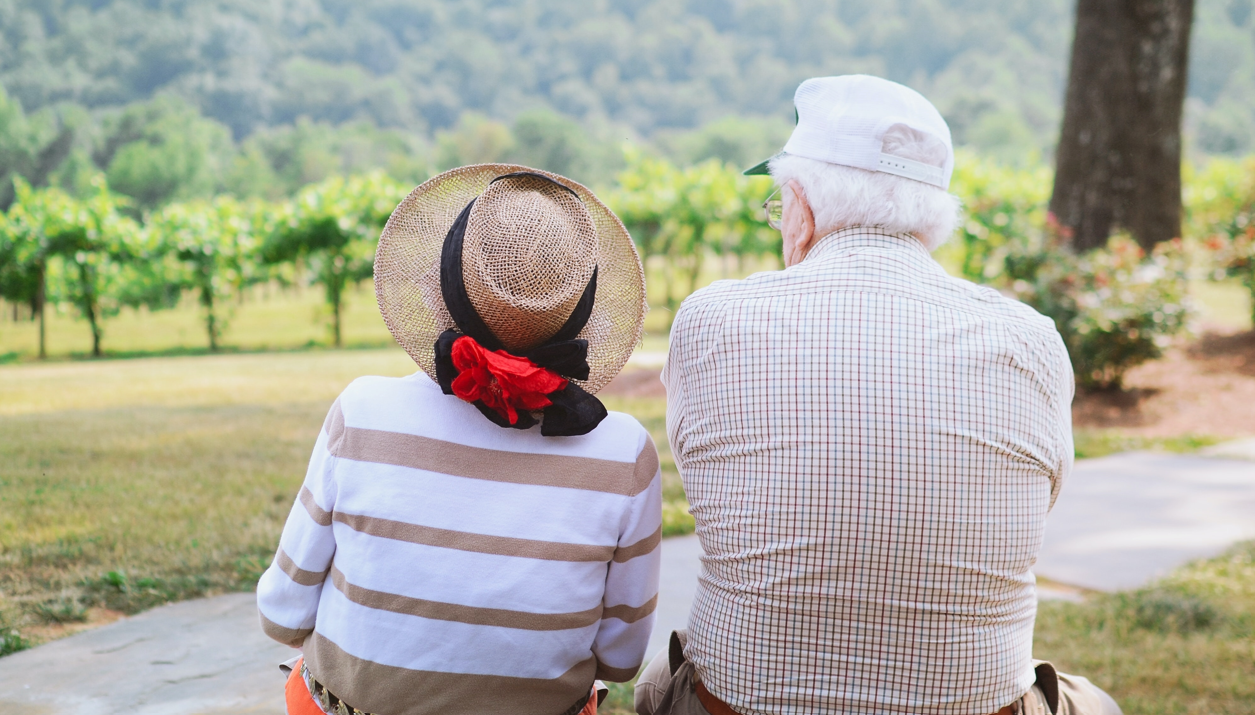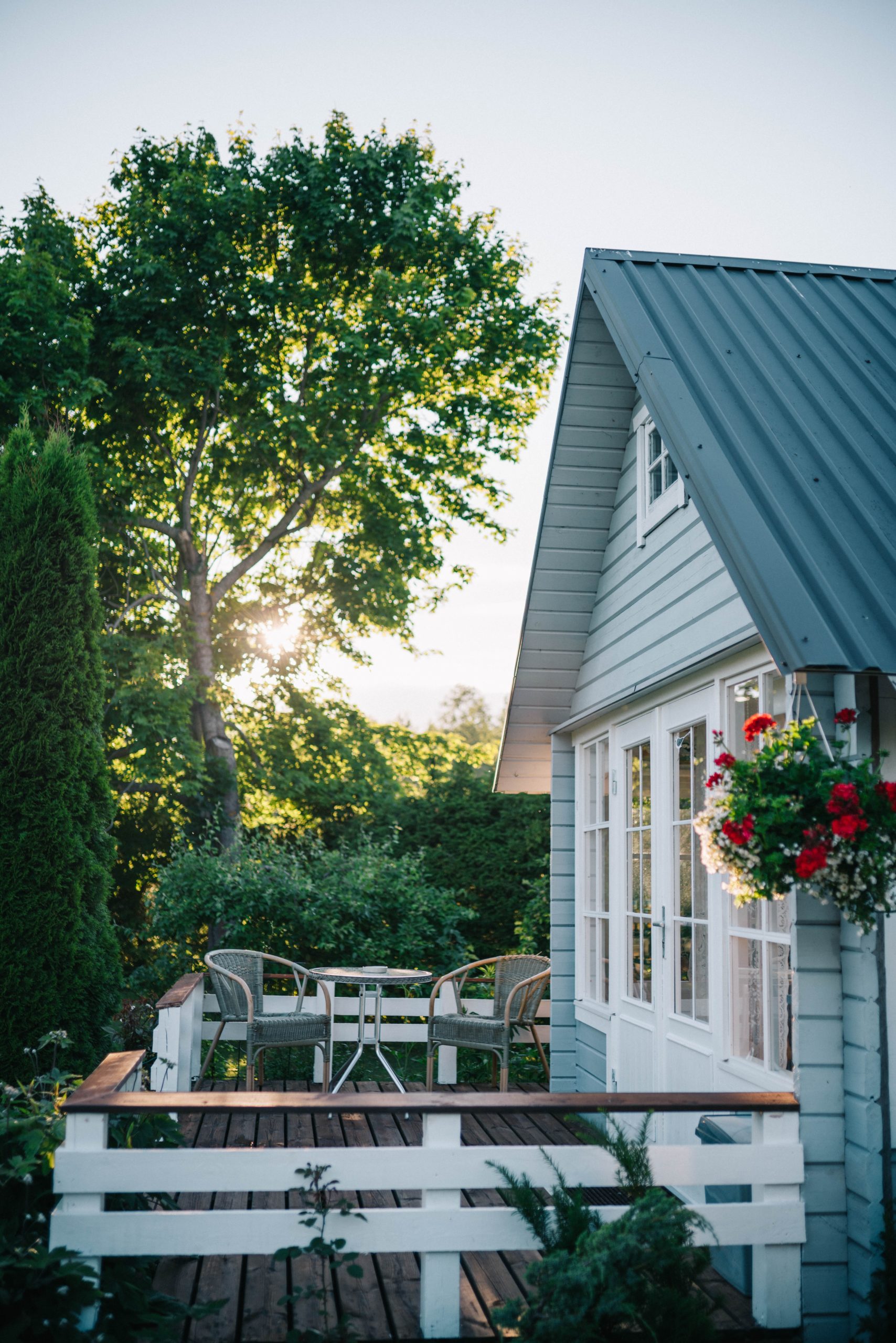By Olev Edur
A popular regular feature in Good Times magazine is “Your Questions,” where Olev Edur provides answers to questions from our readers regarding their rights, personal finance, and estate planning. Here’s one on whether to keep a RRIF or shift the money into a Tax-Free Savings Account.
Q. I’m a 71-year-old single woman receiving Canada Pension Plan (CPP), Old Age Security (OAS), and Guaranteed Income Supplement (GIS) totalling $1,790 a month.
When I was in my 50s, my banker convinced me to open an RRSP because (I was told) government pensions wouldn’t be enough for me to get by (although I’ve done okay so far). I put $1,500 into the plan every year until I was 65 and stopped work, and then left it to grow to almost $20,000 by the start of this year. I rolled the RRSP into a RRIF this year, as is required, with the idea of starting to take money out next year, also as required. But now I learn that my GIS will be reduced by 50 cents for every dollar I withdraw. A friend suggested I take everything out now, so I’d lose my GIS for only one year. Is this a good idea?
A. I gather from your total income that you’re probably entitled to about $375 a month from GIS; if you cashed in the $20,000 RRIF now, you’d lose a year’s worth of GIS, or $4,500. In your province of British Columbia, you’d also pay perhaps $4,000 in tax on that added income, for a total cost of $8,500. If, however, you took minimum amounts from the RRIF over, say, the next 20 to 25 years, it would continue growing during those years, so you might end up withdrawing $25,000 in total, and thus lose $12,500 in GIS.
As a result, I suggest you withdraw everything now and immediately put the after-tax proceeds into a Tax-Free Savings Account (TFSA), where growth is also tax-free and withdrawals won’t affect your GIS entitlement. An added bonus: You won’t have to take out money every year if you don’t want to. After all, you’ve done okay without it so far, and it’s always good to have a bit set aside for emergencies.





